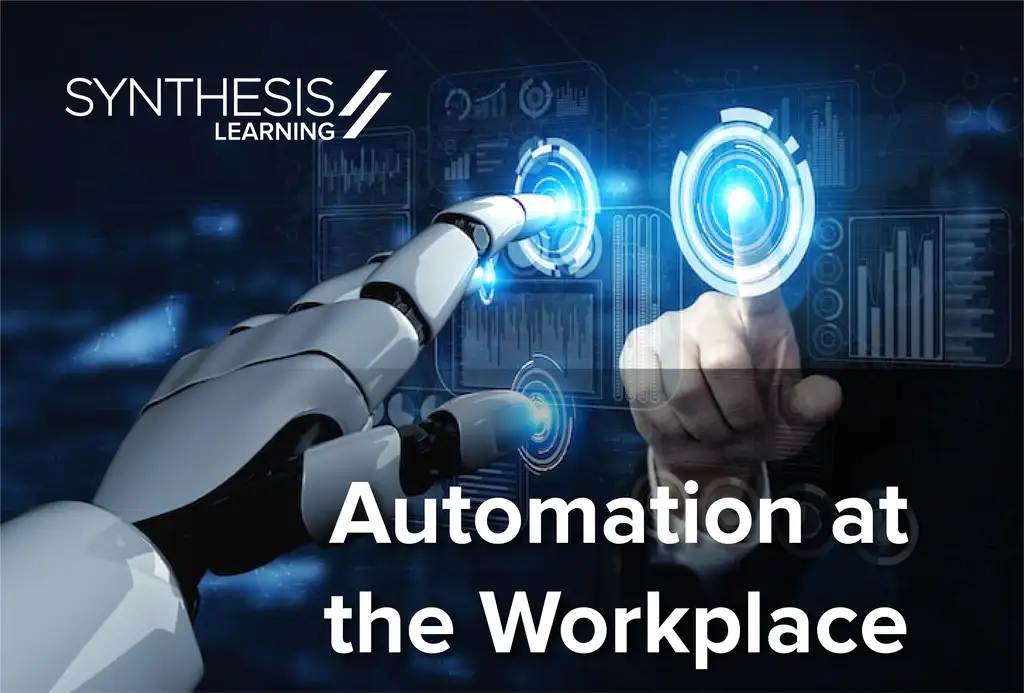Table of Content
What skills do you need to navigate this monumental shift?
-
Critical Thinking & Problem Solving
Machines are getting better at some aspects of critical thinking, but humans are still able to connect, interpret and imagine concepts in a world full of ambiguity and nuance. Ever wondered how just would it be if a robot pronounced legal judgments? When problem-solving needs to span multiple industries or when problems are not fully defined, humans have a unique ability to join unconnected dots due to experience to figure out a solution. It’s true that Artificial Intelligence can solve problems that humans cannot – but it also goes the other way.
-
Creativity
Creativity requires a degree of intuitive randomness that cannot yet be imitated by machines. Why did the architect design the building a certain way, and why did the musician improvise by playing a chord out of key? It’s hard to explain why to a computer – it just feels right. This quality of randomness and the ability to build something out of ideas is a skill that will pay off both now and in the future. The business transformer is the architect of organizational change, driving the strategies of organizations, and a musician creating new sustainable businesses for the future.
-
Communication & People Management
Robots may acquire analytical and mathematical skills, but they can’t replace humans in leadership and managerial roles. Even though we are making strides towards effective computing, to genuinely recognize human emotions and respond to them appropriately is just a thought. People who know the importance of offering value to clients in the form of services and assistance will be in demand as businesses would want to provide solutions to the problems of society.
-
Emotional Intelligence
Qualities that relate to emotional intelligence such as empathy and curiosity will be a big consideration factor for hiring managers of the future. If there’s something that makes us human, it’s empathy. The most basic level of emotional competence is being able to recognize the emotions at play in the context of analysis and action, then to successfully intervene and persuade individuals and groups.
-
Judgment and Decision-Making
The data navigator can turn data into insightful interpretations that will be sought after due to the complexity and interconnectedness of various fields like computer science, finance, banking, and engineering. The ability to condense vast amounts of data, with the help of data analytics, and use smart data to generate brilliant forward-looking analysis to support decision making will create future champions and improving these skills can “robot-proof” you.
-
Negotiation & Cognitive Flexibility
Negotiating with businesses and individuals to come up with a win-win situation is a skill that will be needed to survive in most industries. Conflict resolution will remain intact in the wake of AI and robotics. You may be required to switch between different personas to accommodate the challenge at hand. Being able to plan ahead and accurately and see emerging opportunities is an incredible skill that can come in handy in any business or career. But that’s not something robots can do. Nah?
Yes, robots might be able to schedule appointments, but they obviously cannot anticipate shifts in priorities, uncertain outcomes or missing information. In short, if you’re concerned that your job might be one day outsourced to technology (yes we know it sounds weird, but that how it is right) the best thing you can do right now is work on your skills. Consider taking up a qualification that ensures your holistic development – at the technical, professional and personal level. It might eventually save your career from being taken over by robots, and even earn you a pay rise. Cheers!



